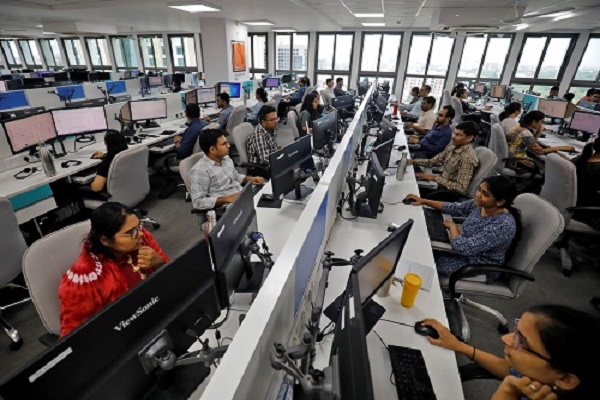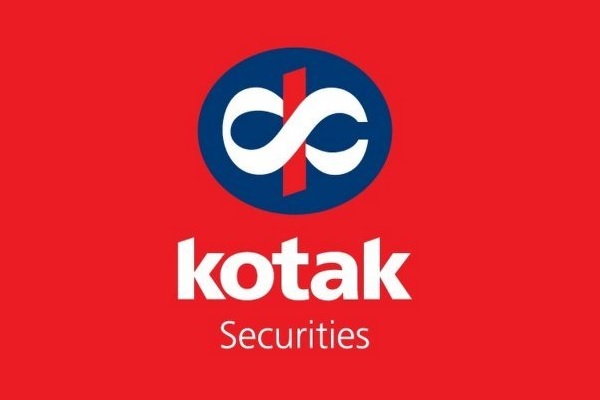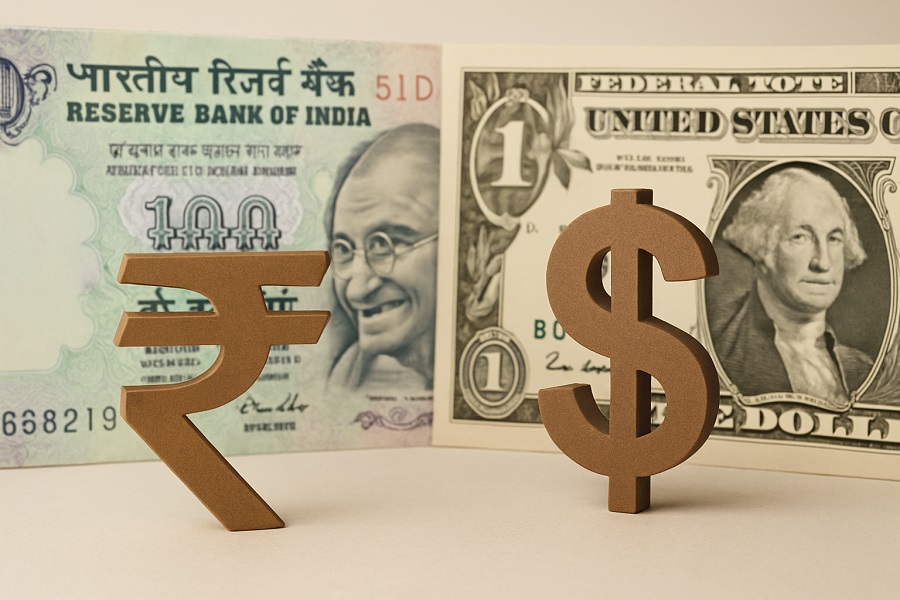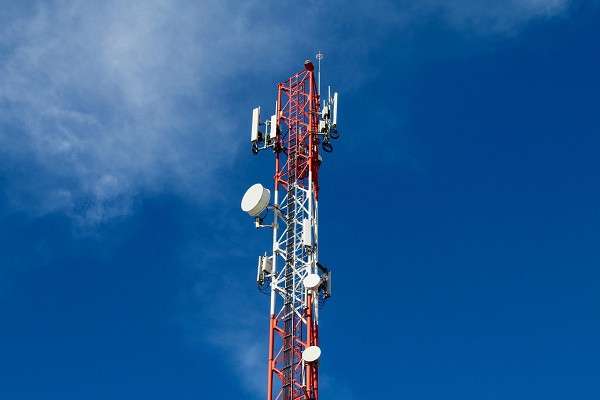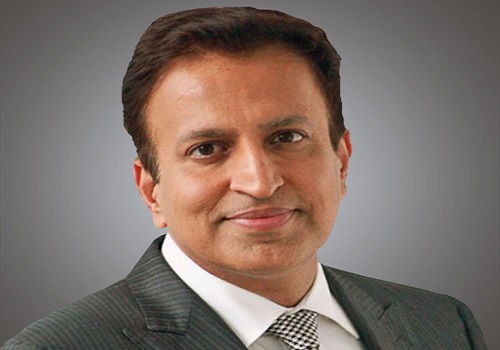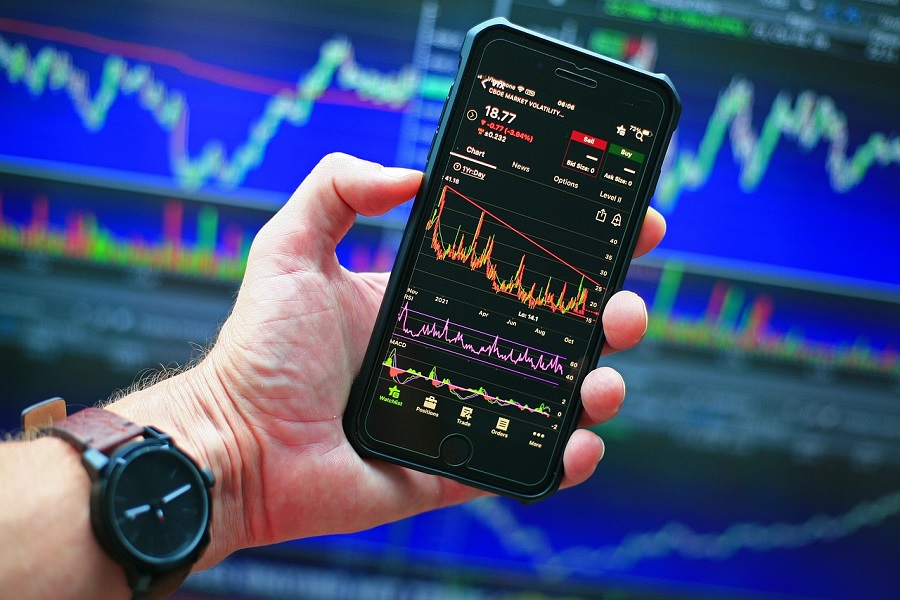Important Aspects that One should know about Demat Account
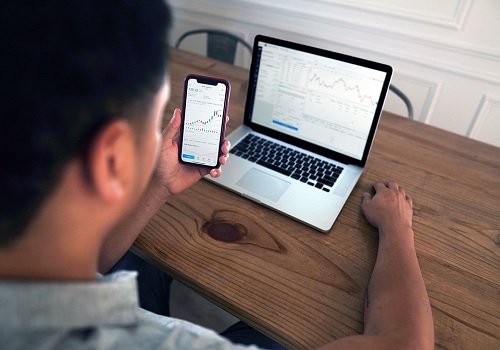
Introduction
A Demat account is the equity equivalent of a bank account. A bank account stores your cash. Similarly, a Demat account holds your shares in custody.
Today, with the introduction of modern online trading platforms and tools, trading has become more lucrative than ever. While Demat accounts online emerge as an indispensable component to invest in the financial market, newcomers find it difficult to understand the concept and have a few queries.
Let us focus on some key aspects that an investor should know about Demat.
What is a Demat account?
Until 1996, securities were held in paper form. Trading was a time-consuming exercise, and traders were constantly exposed to various risks. A Demat account converts these securities into a dematerialized or electronic form. It lets investors access their traded securities anytime, anywhere, and take necessary action to transfer or transact with them.
The Dematerialized account functions as an online repository to store financial securities, such as mutual fund units, shares, bonds, Exchange Traded Funds, etc., in digital format. It makes your trades faster, safer, and more efficient to execute as you invest in the stock market
Benefits of a Demat account
Apart from storing your securities digitally, a Demat account offers several other benefits.
- Safe and secure:A digital storage medium eliminates all risks associated with physical documents. You do not have to worry about tampering, theft, loss of paper, etc.
- Eliminates paperwork: Since everything is stored in digital format, there is no need to keep physical documents of your investments. As a result, it makes trading convenient and hassle-free.
- Stay organized: A Demat account enables you to store and view all your investments in mutual funds, bonds, shares, etc., in one place.
- Automatic updates: If you have the shares of a company that announces stock split or bonus shares, your Demat account updates the changes automatically.
Types of brokerage
The type of brokerage charges is a vital aspect to consider before you open a Demat to start trading. Brokerage refers to the fee charged by the stockbroker for its services. The two types of stockbrokers include full-service brokers and discount brokers.
The brokerage of a full-service broker is calculated as a percentage of the trade transaction value. Their services include additions like research and advisory. Conversely, the brokerage of a discount broker is a flat fee per order regardless of trade volume. These brokers provide the services of a Demat and trading account only. There are no insights on market research or advisory.
Types of charges
- Account opening charges: As the name suggests, it includes the charges for opening an account. Some stockbrokers do not charge an account opening fee.
- Annual maintenance charges: It is the recurring cost charged by the stockbroker for maintaining the account.
- Dematerialization charges: The conversion of a physical share into digital format requires a fee. The dematerialization charges are associated with this process.
- Off-market transfer charges: When you transfer shares from one Demat to another, you need to pay off-market transfer charges.
Documents required to open a Demat account
The documents needed to open a Demat and Trading account are as follows:
- Proof of Identity (POI)
- Proof of Address (POA)
- Proof of Income
- Proof of bank account
- PAN Card
- Recent passport-sized photographs
- Power of Attorney (POA)
Summing up
A few stockbrokers allow you to open a Demat account only, while the others let you open a Demat and Trading account together. When you buy a share using your trading account, it takes T+2 days to get credited into the Demat. T refers to the day you executed the buy order. There is no restriction on the amount of time for which you can hold a share in your Demat account.
Above views are of the author and not of the website kindly read disclaimer
